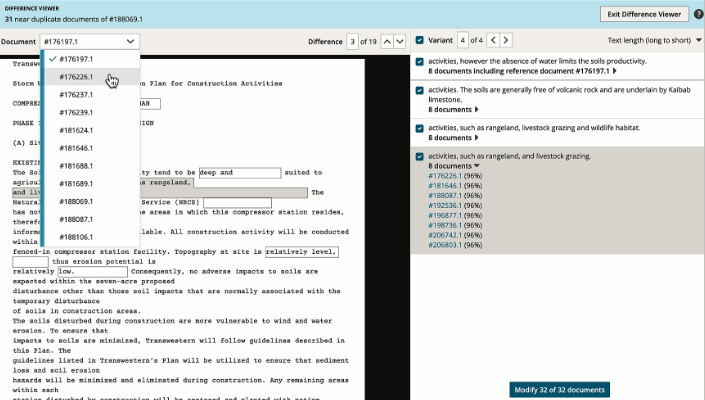Damien Charlotin, a lecturer in legal data analysis at Sciences Po in Paris, has created an online database listing decisions by courts from around the world in which caselaw, legal norms, and even exhibits were identified as AI hallucinations. See: https://www.damiencharlotin.com/hallucinations/?q=&sort_by=-date&states=USA&period_idx=0

A high percentage of the parties identified as using AI were individuals representing themselves pro se. The database links to PDFs of the decisions, and sometimes provides short summaries of the holding faulting parties for the improper use of AI.

A recent decision by the Supreme Court of North Dakota, Volker v. Nygaard, No. 20250309, 2026 WL 533638 (N.D. Feb. 26, 2026), upheld a district court decision which dismissed a plaintiff's claims under Fed. R. Civ. P. 11 because he repeatedly used non-existent case citations which were created by an AI tool. "During the hearing on the motion, the court warned Volker that his filings contained fictitious legal citations. Despite this warning, Volker filed additional briefs containing fictitious citations . . . At the Order to Show Cause hearing, the district court found that Volker had willfully defied the court and dismissed the action with prejudice as a Rule 11 sanction." Id. at 1.
Charlotin has also developed a system, Pelaikan, which checks the accuracy of citations used in legal briefs. The database of court decisions related to AI hallucinated content includes Pelaikan reports on the briefs criticized by the decisions . These reports explain why the citations are incorrect:

In a decision this January, NYSCEF Doc. No. 45, Decision, Order and Judgment After Sanctions Hearing, Cassata v. Michael Macrina Architect, P.C., Index No. 617183/2025, 2026 WL 263521 (N.Y. Sup. Ct. Jan. 27, 2026), the New York Supreme Court for Suffolk County fined an attorney who, "did not conduct a reasonable, human-based verification of every cited authority before filing her opposition.", and failed to correct her filing when the mistakes were identified. This decision by Justice Linda Kevins includes an exhibit which lists other cases reviewing similar conduct by attorneys, which she considered before imposing sanctions against the defendants' attorneys.


















